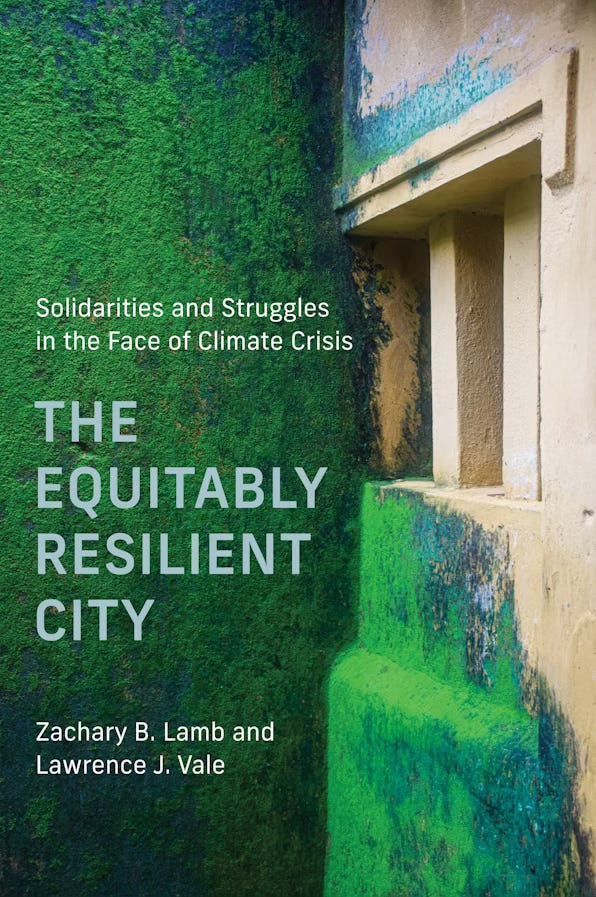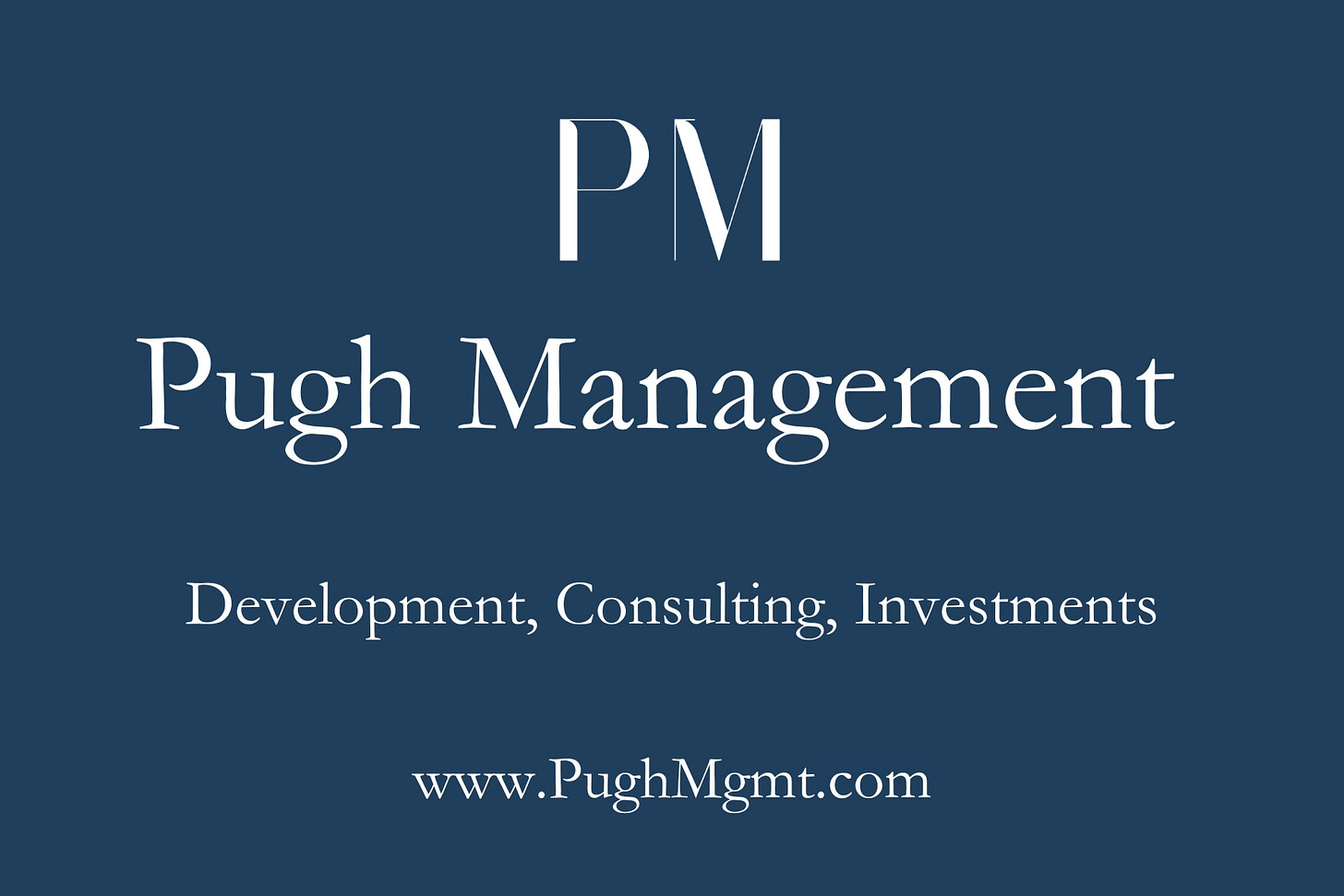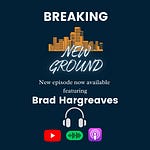Recent Popular Posts
Book of the Week - Who Not How - Dan Sullivan & Dr. Benjamin Hardy
Welcome to The LineUp! Our weekly newsletter seeks to add value by engaging, connecting, and inspiring real estate operators, investors, and entrepreneurs. If you enjoy what you read, please like, share, and subscribe. Thank you for your support in growing this community! If you’d like to participate in our conversation join us on the Substack Chat here.
Hello readers! This post continues our theme of designing and building resilient communities and places. I really enjoyed the conversation with Professor Lamb about his new book The Equitably Resilient City (link)and a research topic we share a common passion for. It’s an important topic that is incredibly relevant today given the regularity and intensity of natural and man-made disasters over the past 10+ years. Give it a listen and/or a read and let us know what you think!
Cheers, John
Summary
In this conversation, John Pugh interviews Zach Lamb, a professor at UC Berkeley, about his recent book on urban resilience and equity. Zach shares his background, including his experiences with hurricanes and his studies on how built environments can adapt to climate change.
The discussion covers the challenges cities face in becoming resilient, the importance of community ownership, and the four legs of equitable resilience: livelihoods, environment, governance, and security. Through various case studies, Zach illustrates how these concepts can be applied in real-world scenarios to benefit vulnerable communities.
In this conversation, John Pugh and Zachary Lamb discuss the multifaceted nature of resilience in communities, emphasizing the interconnectedness of individual, community, and regional resilience. They explore the balance between large-scale infrastructure projects and smaller, adaptive solutions, highlighting the importance of leadership and institutional support in fostering resilience. The discussion also touches on funding sources and the need for holistic approaches to address climate adaptation and urban planning challenges.
Chapters
00:00 Introduction to Zach Lamb and His Work
03:00 The Impact of Climate Change on Urban Environments
06:04 Challenges in Adapting Built Environments
08:48 The Four Legs of Equitable Resilience
12:04 Case Studies of Resilience and Equity
14:54 Community Ownership and Its Importance
18:03 Livelihoods and Resilience
20:56 The Concept of Resilience in Urban Planning
26:02 Resilience in Communities: A Collective Approach
32:08 Infrastructure and Adaptation: Balancing Large and Small Solutions
39:01 The Role of Leadership in Resilience Planning
45:05 Funding and Institutional Support for Resilience
49:55 The Future of Resilience: A Call to Action
If you like The LineUp, let’s connect: Join me on our chat conversation on Substack here. Plan a **media partnership |** 🪄Book a one-on-one intro call to learn more about Our Real Estate Consulting here | 📧 Subscribe at thelineupwithjohnpugh.substack.com
Key Takeaways
Zach Lamb's background includes experiences with hurricanes and urban planning.
The uneven impacts of climate change highlight the need for equitable solutions.
Adapting built environments is a generational challenge.
The LEGS framework includes livelihoods, environment, governance, and security.
Community ownership can enhance resilience and stability.
Resilience should not just be about individual strength but systemic support.
Case studies illustrate successful interventions in urban resilience.
Governance is crucial for community involvement in planning.
Livelihoods must be accommodated in urban planning.
Equity must be considered in climate adaptation strategies. Resilience is a collective effort that spans individual, community, and regional levels.
Physical infrastructure alone is not enough; social and economic factors must also be considered.
Leadership plays a crucial role in maintaining long-term resilience strategies.
Funding for resilience projects can come from various sources, including philanthropic organizations and government grants.
Adaptation strategies should be flexible and allow for learning from failures.
Community engagement is essential for effective resilience planning.
Equitable resilience means addressing the needs of the most vulnerable populations.
Siloed approaches to resilience can hinder progress; a holistic view is necessary.
The future of resilience requires collaboration across multiple sectors and disciplines.
Open access resources can help disseminate knowledge and strategies for resilience.
Thank you for reading The Lineup. Do you have real estate, built-environment entrepreneurship or placemaking topic you'd like to see us cover in an upcoming issue? We'd love to hear from you! We are open to media partnerships. Reach out to us at info@pughmgmt.com. And don't forget to like, share, and subscribe!
This post is sponsored by Pugh Management a leader in real estate development. To learn more reach out to us at info@pughmgmt.com or click this link to our website.


















Share this post